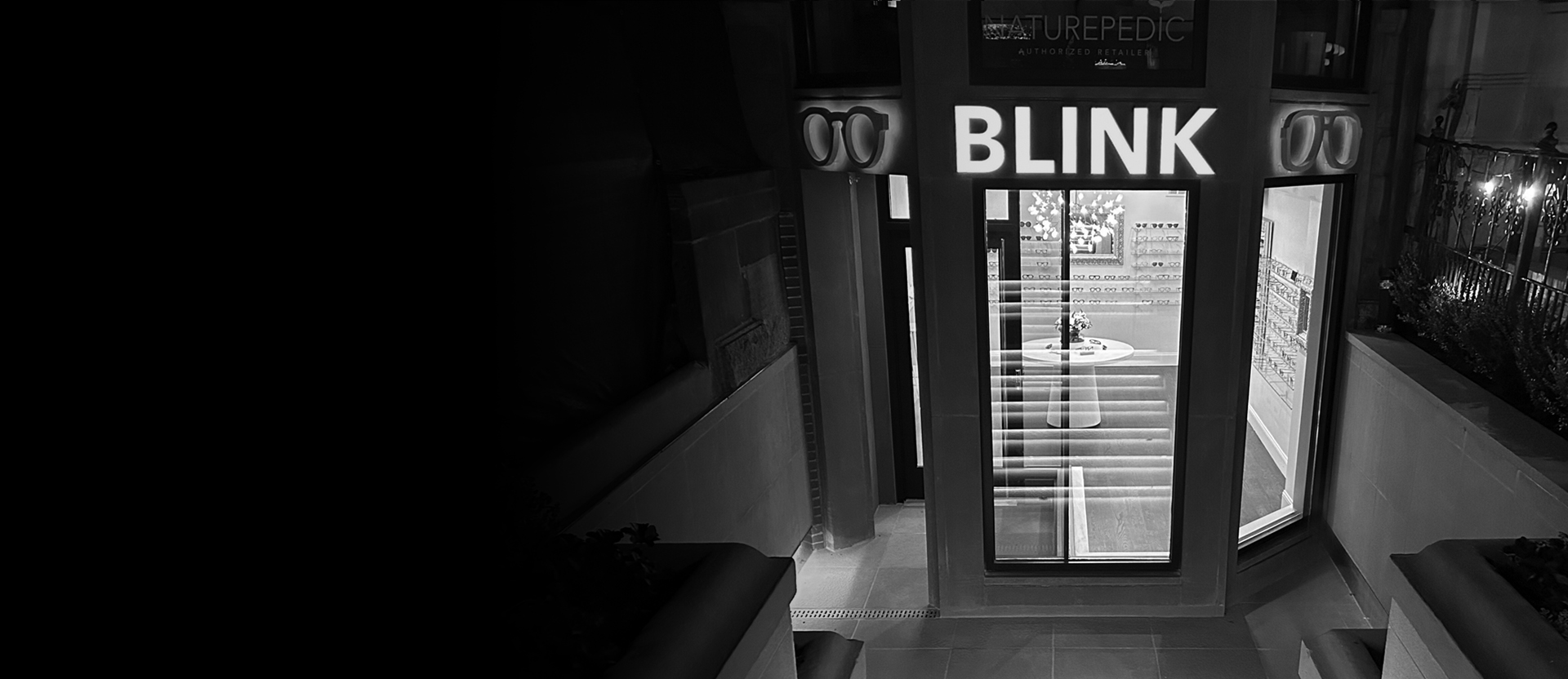
From the moment a child begins to explore the world visually to the day they start reading lecture slides in college, their eyes play a critical role in learning and development. Regular eye exams are essential for identifying and addressing vision problems early and they should evolve with each stage of life.
Preschool: Building the Foundation
Between the ages of 3 and 5, children develop essential visual skills such as depth perception, hand-eye coordination, and visual tracking. Even if no vision problems are suspected, the American Optometric Association recommends a comprehensive eye exam during this period.
Many vision conditions, like amblyopia (lazy eye) and strabismus (eye turn), can be treated more effectively when identified early. Detecting and addressing these issues before school starts can significantly improve a child’s readiness to learn, motor development, and overall confidence.
Elementary School (Ages 6–12): Learning Years
As children enter elementary school, their vision becomes a vital tool for reading, writing, and engaging with increasingly screen-based learning environments. At this stage, annual eye exams are typically recommended. Children may not recognize or communicate that they’re experiencing vision problems, but issues can manifest as headaches, difficulty focusing, or changes in behavior. Regular exams help catch refractive errors early, ensuring children stay on track academically and socially.

Middle School (Ages 13–15): Growth & Screen Time
The middle school years bring significant physical growth, which often includes changes in eyesight. Increased use of digital devices for both schoolwork and recreation can lead to symptoms of digital eye strain. Annual eye exams are recommended during this time, unless more frequent visits are needed due to vision correction or specific concerns. This is often the stage when children receive their first glasses or contact lenses.
High School (Ages 16–18): Increased Demands
High schoolers face greater academic and extracurricular responsibilities, along with the added challenge of driving. These activities demand sharp vision, especially at a distance and in terms of peripheral awareness. Undiagnosed vision issues at this stage can affect everything from test scores to driving safety and athletic performance. An annual eye exam helps ensure their prescription is current and their eyes remain healthy under increasing pressure.

College (Ages 18–22+): Academic Independence
In college, students manage their own schedules, often spending long hours studying, working on laptops, or attending lectures. These visually intense environments can take a toll on their eyes. Eye exams every year remain important to track any vision changes and to address problems like digital eye strain or dry eye, which can be exacerbated by stress, irregular sleep, and extended screen use.
College is also the perfect time to explore eyewear that fits both your prescription and your personal style. With a wide variety of frame options available, ranging from bold and trendy to minimal and professional, students can find glasses that reflect their individuality while offering comfort and durability for their daily routines. Whether you need blue light filtering lenses for long study sessions or stylish frames that make a statement, the right pair of glasses can enhance both your vision and your confidence.
Experience Expert Eye Care for Every Life Stage at BLINK
Vision health plays a major role in a child’s success - from learning their ABCs to earning their degree. By sticking to recommended eye exam timelines, you help ensure your child is set up for success at every stage. Whether your child is starting preschool or preparing for college, regular visits to the optometrist can make all the difference.
Whether your child is preparing for their first day of preschool or settling into a college routine, BLINK is here to support their vision every step of the way. Schedule a comprehensive eye exam and let us help keep their eyes healthy and their future bright. Visit our office on Newbury Street in Boston, or reach us at (617) 780-0728 to book your appointment today.


